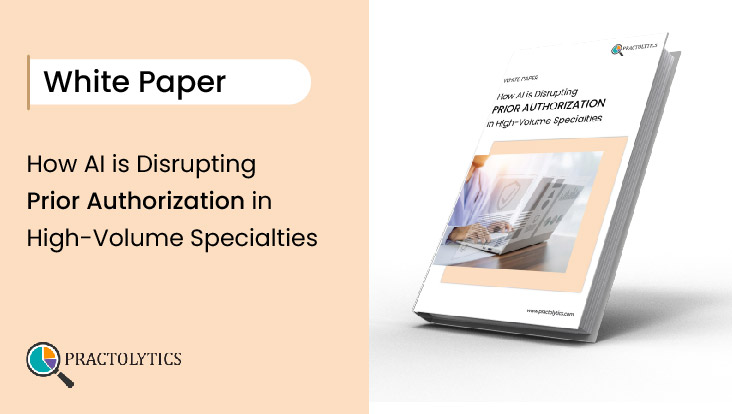How AI is Disrupting Prior Authorization in High-Volume Specialties
- Prior authorization delays care – doctors spend ~13 hours weekly on 39–41 approval forms, creating bottlenecks and patient risks.
- AI streamlines approvals – checks payer rules, pulls data instantly, predicts approval likelihood, tracks requests, and drafts appeal letters.
- Regulatory momentum – CMS and Medicare are piloting AI-friendly rules to improve interoperability while keeping final decisions human-led.
- High-volume specialties benefit most – cardiology, oncology, and imaging practices see faster approvals, fewer denials, and improved cash flow.
- Key advantages – reduced staff workload, quicker patient treatments, lower rejection rates, and consistent revenue cycles.
- Risks to watch – over-reliance on AI, regulatory shifts, privacy/security concerns, and bias from incomplete training data.
- Best practices – integrate with EHR, monitor approval/denial rates, start with repetitive tasks, train staff, and always keep human oversight.
- Practolytics advantage – combines smart AI with expert guidance to cut red tape, speed up care, and boost practice revenue.



